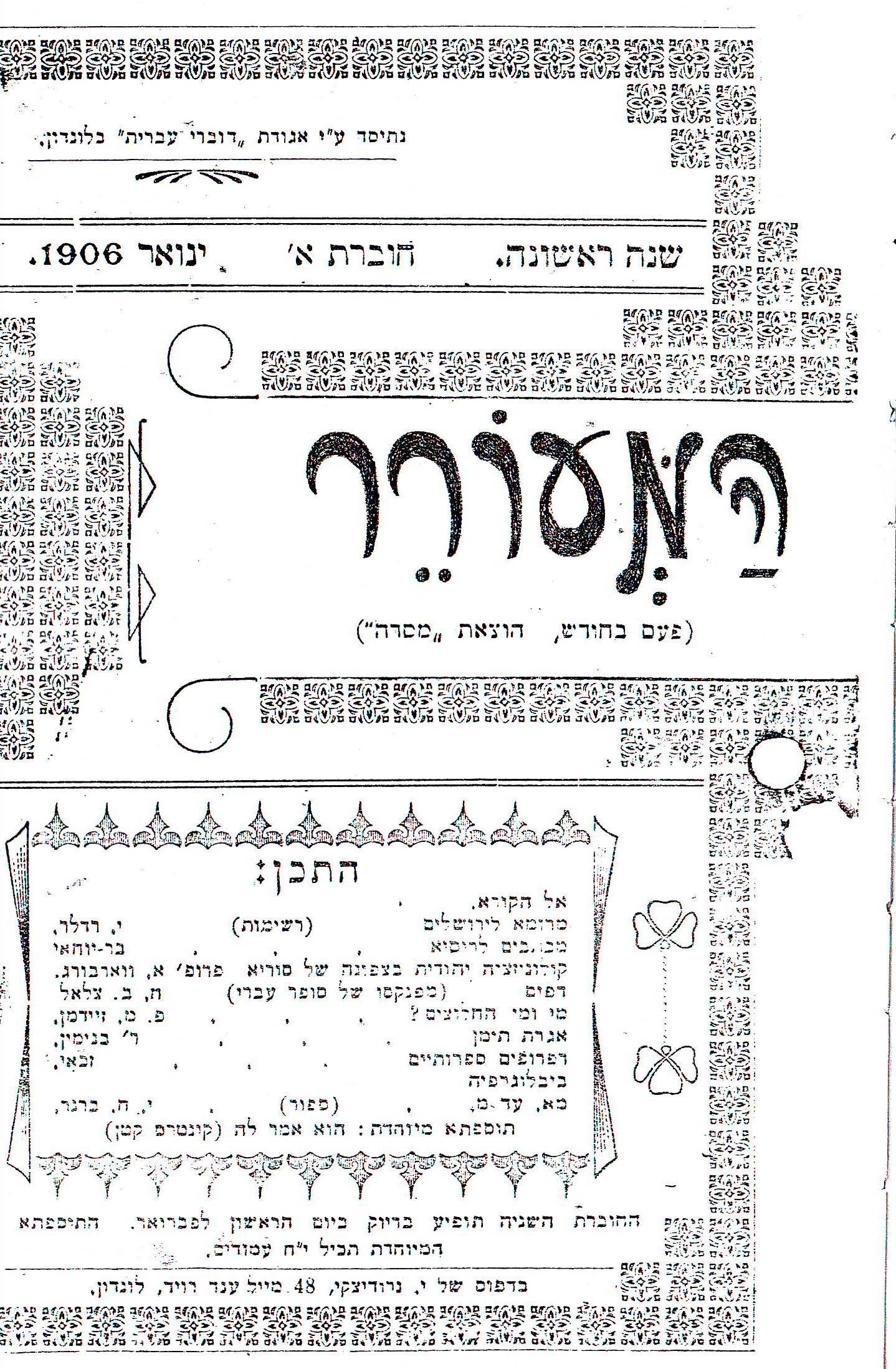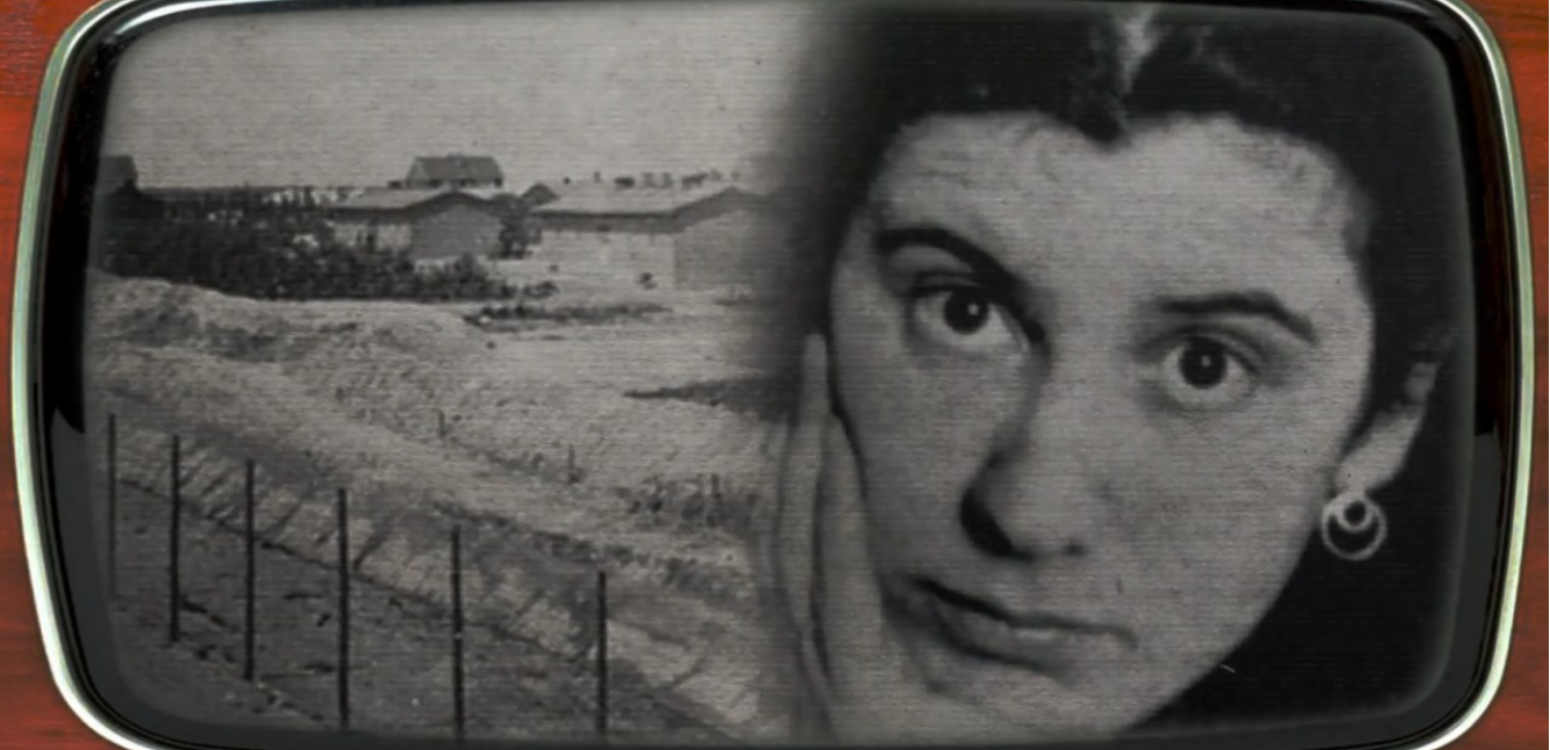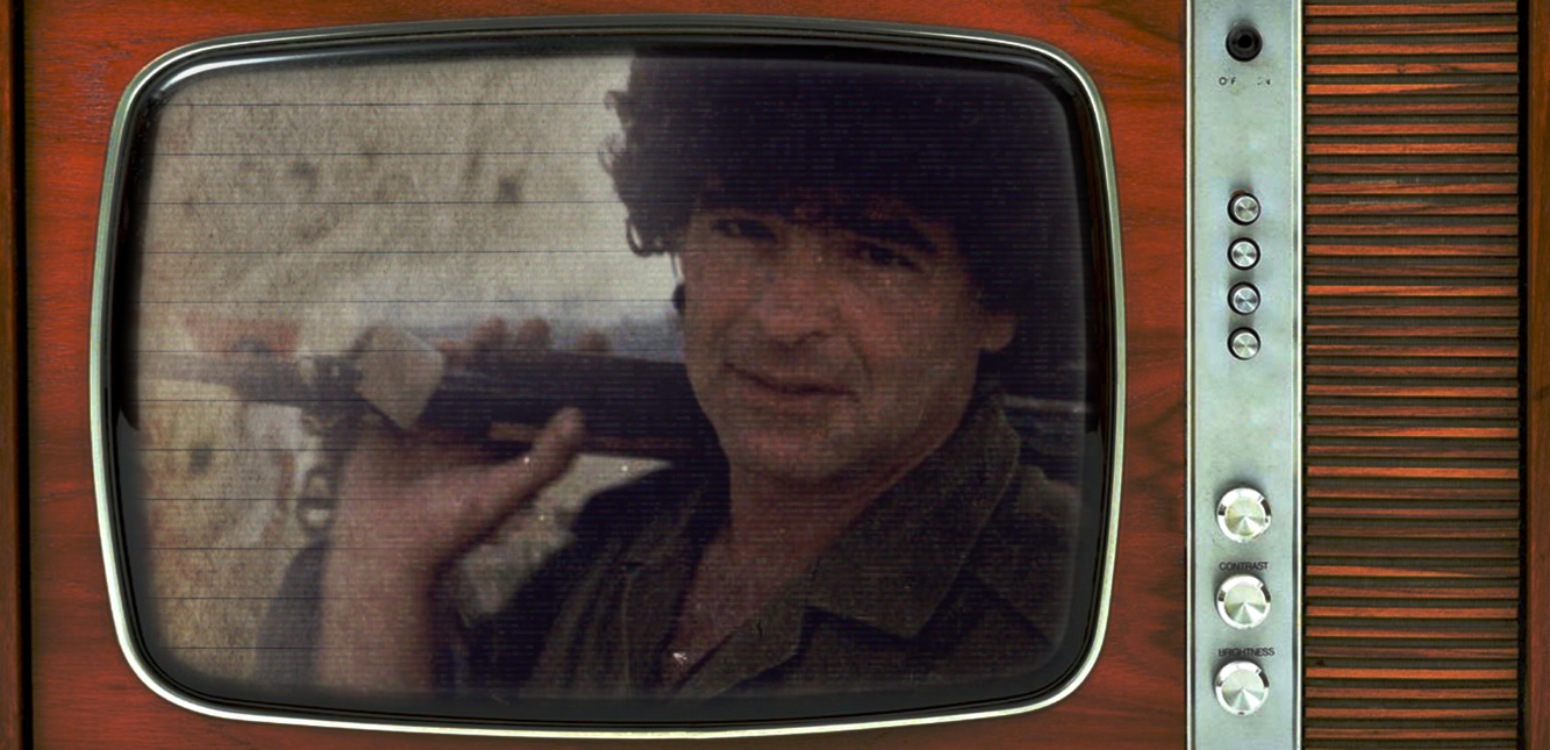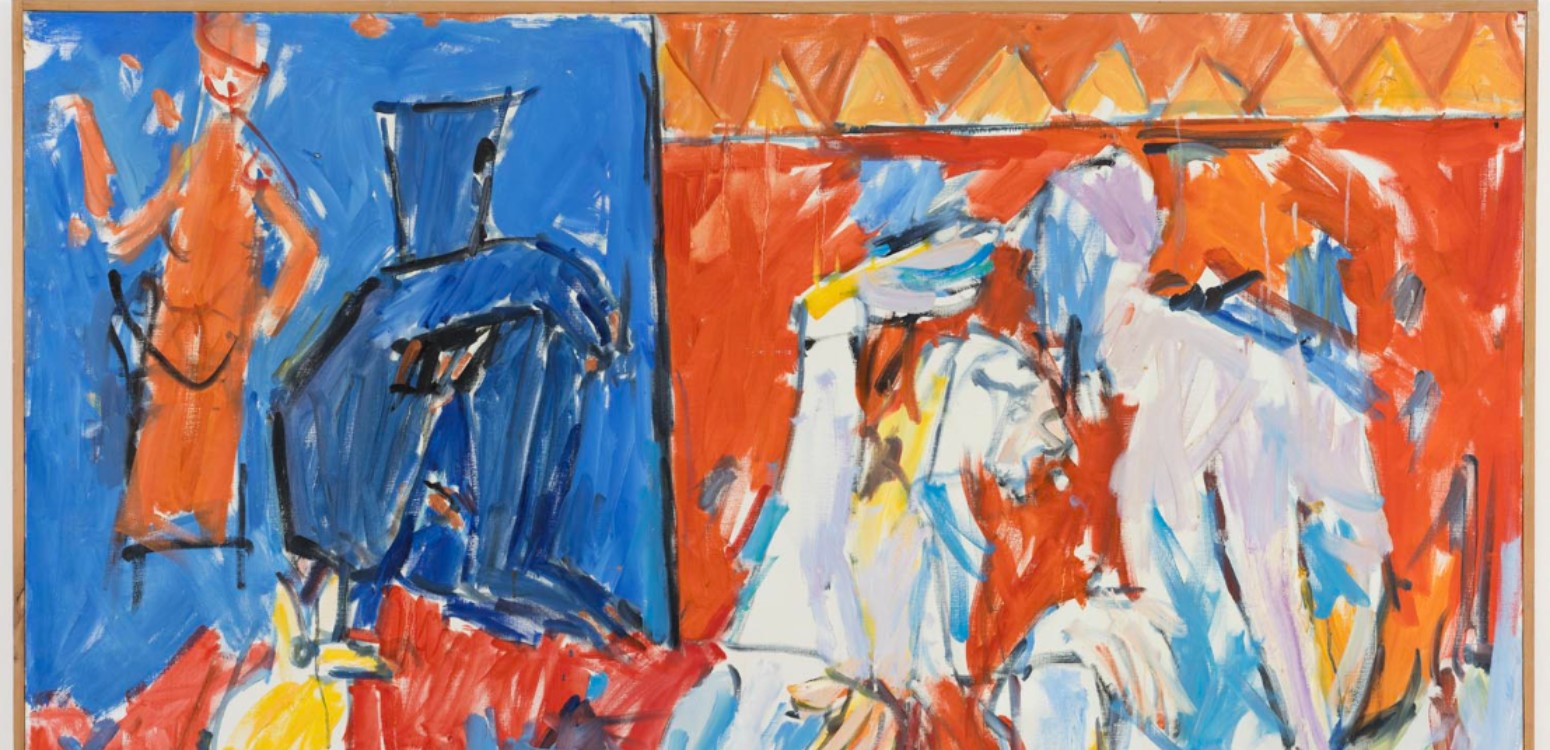The Awakener: Yosef Haim Brenner and the Cultural Revolution
Yosef Haim Brenner, one of the prominent figures in Hebrew culture, founded the periodical “The Awakener” and positioned it as a center of groundbreaking literary and ideological creation
Yosef Haim Brenner, one of the prominent figures in Hebrew culture, founded the periodical “The Awakener” and positioned it as a center of groundbreaking literary and ideological creation
About a hundred years ago, the Jewish society lost one of its great prophets, devilishly talented, with bright piercing eyes, who loved life almost as much as he thought it was terrible. This man, the Awakener, was Yosef Haim Brenner, born in 1881 in the town of Novi Mlyny, Russian Empire (today part of Ukraine). Brenner grew up in a poor family, the eldest of six children.
In his autobiographical story “In Winter”, Brenner describes how he began his studies in a yeshiva, but his character and interests made him prone to conflicts with the system. He was caught reading non-religious books and studying modern texts. That, together with his skeptical nature, led to his expulsion. In 1896, he transferred to another yeshiva, where he studied for two years. During this period, he met Uri Nissan Gnessin, the son of the head of the yeshiva. Gnessin became his close friend and shaped his spiritual world. During his yeshiva years, Brenner began to write and cultivate a secular, socialist and existentialist worldview. At the same time he also came to Zionism.
Between 1901 and 1904, Yosef Haim Brenner battled against the conscription into the Russian army. He deserted, was captured, and was eventually released and smuggled to London. In 1904, he arrived in London, which became a turning point in his life. The three years he spent there were particularly formative – both personally and creatively. During this period, he published his first story in the journal HaShiloach, edited by Hayim Nahman Bialik, and began his path as a writer, thinker, and editor.
In 1906, Brenner, together with Yehoshua Radler-Feldman, founded the journal HaMeorer, “The Awakener” – one of the most important and influential publications of the time. The magazine was the work of one man: Brenner was not only the editor and main writer but also the printer, marketer, and the one who placed the issues in mailboxes. In his articles, sometimes published under various pen names, he expressed his thoughts and vision.
In his article “On the Way”, published in the June 1906 issue of “The Awakener”, Brenner attacked the neglect of the problem of Eastern European Jewry after the Kishinev pogroms. He called on Jews to stop looking away and begin to courageously confront the reality of their lives.
Shaping Hebrew culture in Israel
“The Awakener” was an important focal point for Hebrew literary work in the early XX century and served as a platform for prominent figures such as Devorah Baron, Zalman Shneour, Micha Yosef Berdichevsky, and Gershon Shofman. Alongside Brenner’s personal writing, which included stories, plays, and reviews, the journal also published translations of international works by renowned writers, including Maurice Maeterlinck and Oscar Wilde.
In 1909, Brenner immigrated to Israel. After a very brief stint as a farmer, he dedicated himself entirely to the world of the spirit. He taught literature, Bible, and Mishnah at the Herzliya Gymnasium, continued to write, and became one of the central figures in the renewed Hebrew culture.
In 1913, Brenner married Chaya Braude, and they had a son whom they named Uri Nissan, after Brenner’s close friend. However, Brenner’s extreme nature made the family relationships difficult, and the marriage ended in separation in 1917. His wife left with their son for Berlin, which left Brenner broken but committed to continuing his spiritual work.
In 1921, at only 39 years old, Brenner was murdered near Jaffa during the Jaffa riots. His death left a deep void in the Jewish cultural world, but his numerous literary and philosophical writings continue to shape Hebrew culture in Israel.
Brenner did not believe in the possibility of an easy life. He considered the period in which he lived to be difficult – being a pioneer in the land of Israel was challenging, and the position of Jews in the world troubled him too. Nevertheless, he encouraged his readers to look directly at reality, to recognize the pain within it, and yet continue to act to the best of their ability.
This article was originally published in Hebrew.
Main Photo: Joseph Chaim Brenner\Wikipedia
Model.Data.ShopItem : 0 8Also at Beit Avi Chai




















